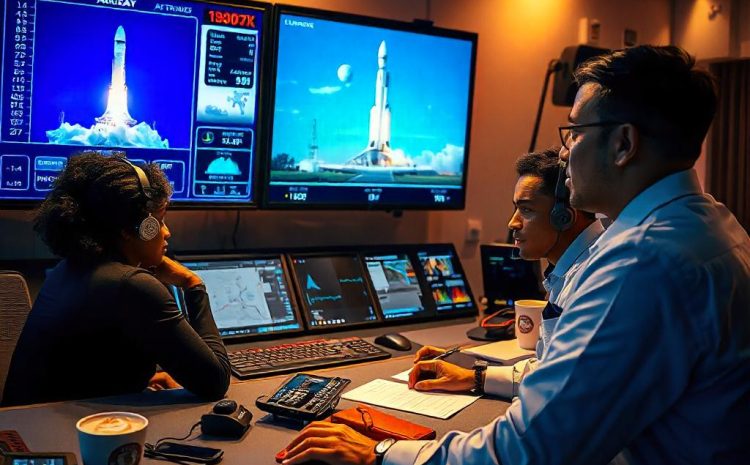
What Is Commercial Space Travel
Commercial space travel is the emerging industry of providing space travel services for private individuals, businesses, and researchers outside of traditional government-sponsored space programs. Unlike government-funded missions (e.g., NASA or ESA), commercial space travel involves private companies that develop, manage, and operate space vehicles and infrastructure. It’s a promising field that aims to make space more accessible to civilians, researchers, and commercial interests alike.
Affiliate Insurance Itinerary Plan – Your All-Inclusive Travel Plan:
Key Aspects of Commercial Space Travel
- Types of Space Travel Services:
- Suborbital Flights: Short trips that reach space but do not orbit Earth, allowing passengers to experience a few minutes of weightlessness. Companies like Blue Origin and Virgin Galactic are pioneers in offering these types of experiences.
- Orbital Flights: Flights that reach a stable orbit around Earth, similar to those traditionally undertaken by astronauts. SpaceX and Axiom Space are working to expand orbital flight opportunities to civilians and researchers.
- Space Tourism: A primary motivator in the commercial space travel sector, with companies developing experiences for private individuals to visit space, stay in orbital hotels, or even visit space stations.
- Lunar and Mars Missions: Some companies, like SpaceX, have ambitious plans to eventually offer commercial flights to the Moon and Mars, aiming to make interplanetary travel a reality.
- Key Players in the Industry:
- SpaceX: Pioneering affordable space travel through reusable rockets. Known for its Crew Dragon spacecraft, it has sent civilians to the International Space Station (ISS) and aims to enable Mars exploration.
- Blue Origin: Founded by Amazon’s Jeff Bezos, Blue Origin focuses on reusable rockets and suborbital tourism. Its New Shepard vehicle offers brief journeys to space for paying passengers.
- Virgin Galactic: Specializing in suborbital space tourism, Virgin Galactic’s spaceplanes carry passengers to the edge of space, providing a short period of weightlessness and stunning views of Earth.
- Axiom Space: Working on the first commercial space station, aiming to support research and eventually provide space tourism experiences in a private orbital environment.
- Technological Innovations Driving Accessibility:
- Reusable Rockets: Reusability has drastically reduced launch costs. SpaceX’s Falcon 9, for instance, can land and be reused, lowering the price of space travel by avoiding the need to rebuild rockets after each flight.
- Advances in Spacecraft Design: Modern spacecraft are safer and more efficient, equipped with life-support systems and passenger-friendly environments, designed with commercial use in mind.
- Public-Private Partnerships: Partnerships between private companies and government space agencies allow commercial ventures to leverage existing infrastructure, such as launch sites and research facilities, helping to reduce costs and increase safety.
- Applications Beyond Tourism:
- Scientific Research: Private space travel supports research by allowing scientists to conduct experiments in space without relying on government missions.
- Satellite Deployment: Commercial space companies launch satellites for communication, weather monitoring, and Earth observation, benefiting industries from telecommunications to agriculture.
- Space Manufacturing: Low-gravity environments enable the production of unique materials and medicines, with companies exploring the potential of manufacturing in orbit.
- Space Colonization: Long-term goals of some commercial space companies include developing human settlements on the Moon, Mars, and other celestial bodies.
- Challenges and Future Prospects:
- High Costs: Despite advancements, space travel remains expensive. However, as technology improves, prices may drop, making space travel accessible to more people.
- Safety Concerns: Commercial companies face rigorous safety standards to protect passengers and minimize risks, though space travel remains inherently risky.
- Regulation and Sustainability: Governments are working to establish regulations to ensure safety, ethical use, and environmental protection in space.
Commercial space travel represents an exciting frontier, gradually transforming space from a domain solely for government astronauts into a destination for civilians, researchers, and businesses. With advancements in reusable rockets, spacecraft design, and public-private collaborations, the industry is moving closer to making space a viable and accessible location for exploration, tourism, and commercial ventures.

